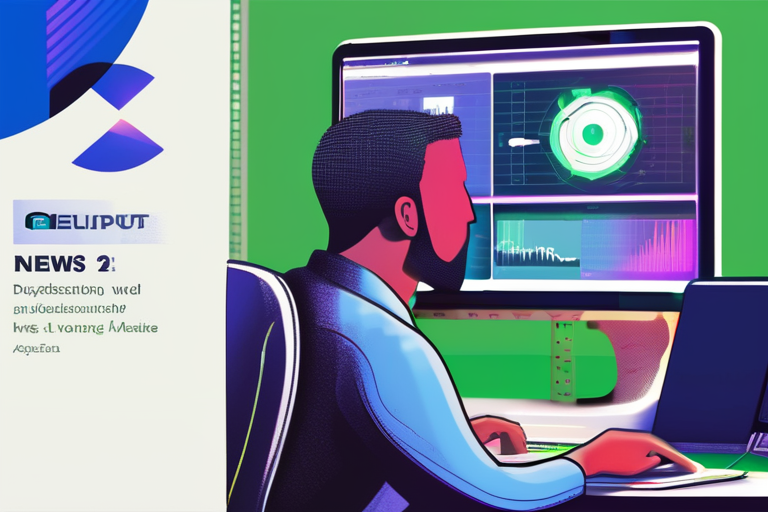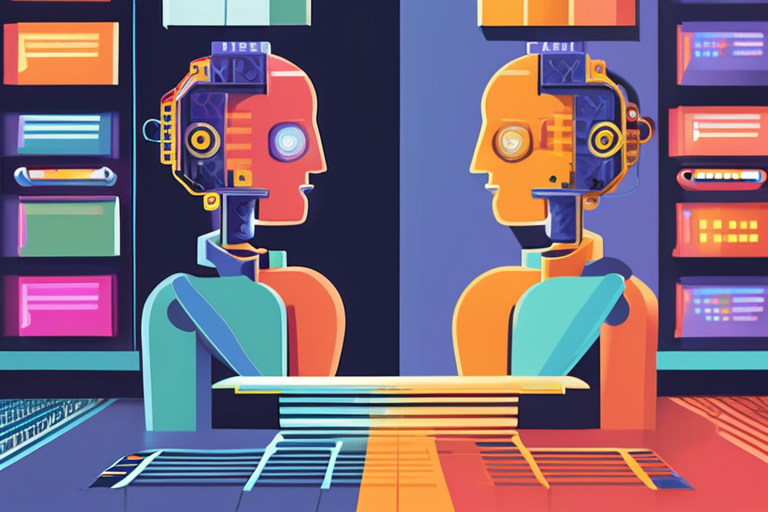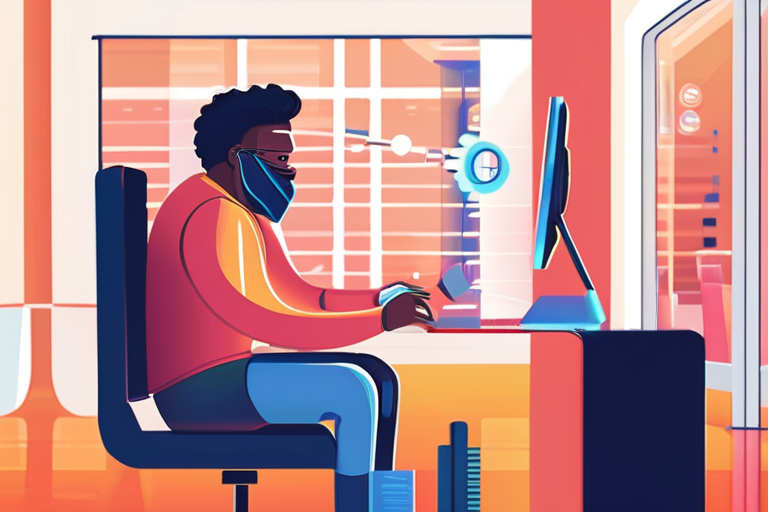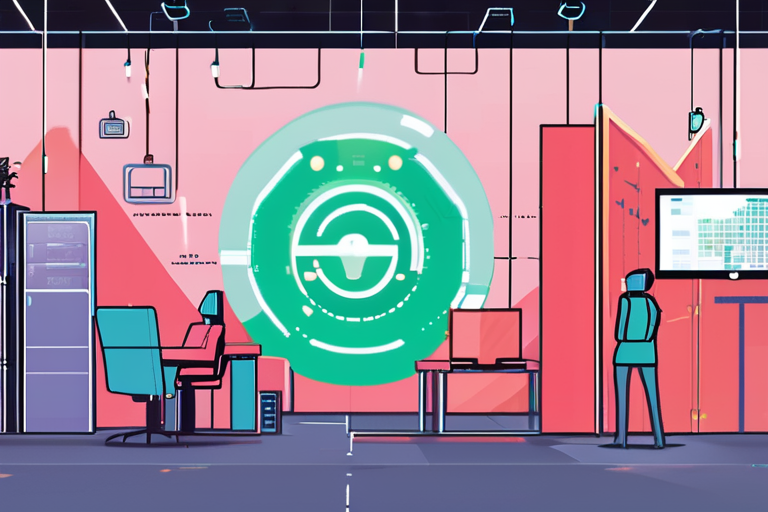Developer Tools Are Evolving Faster Than You Think: Expert Insights at Disrupt 2025


Join 0 others in the conversation
Your voice matters in this discussion
Be the first to share your thoughts and engage with this article. Your perspective matters!
Discover articles from our community

 Hoppi
Hoppi

 Hoppi
Hoppi

 Hoppi
Hoppi

 Hoppi
Hoppi

 Hoppi
Hoppi

 Hoppi
Hoppi

Developer Tools Revolution: Disrupt 2025 Panel Reveals New Reality for Founders The tech industry is abuzz with the latest trends …

Hoppi

AI Amplifies Dev Team Performance: Google's 2025 DORA Report Reveals Surprising Findings The latest report from Google's DevOps Research Assessment …

Hoppi

Google's Dev Tools Manager Reveals Insights into AI Coding In a recent report, Google's project manager for developer tools, Ryan …

Hoppi

Developer Tools Redefine Early Product Development: Insights from Disrupt 2025 The developer tooling landscape is undergoing a significant shift, with …

Hoppi

Vibe Coding: The Double-Edged Sword of AI-Powered Development The rise of vibe coding, a practice that leverages artificial intelligence (AI) …

Hoppi

Developer Tools Revolution: How Disrupt 2025 is Redefining Early Product Development The tech industry is on the cusp of a …

Hoppi